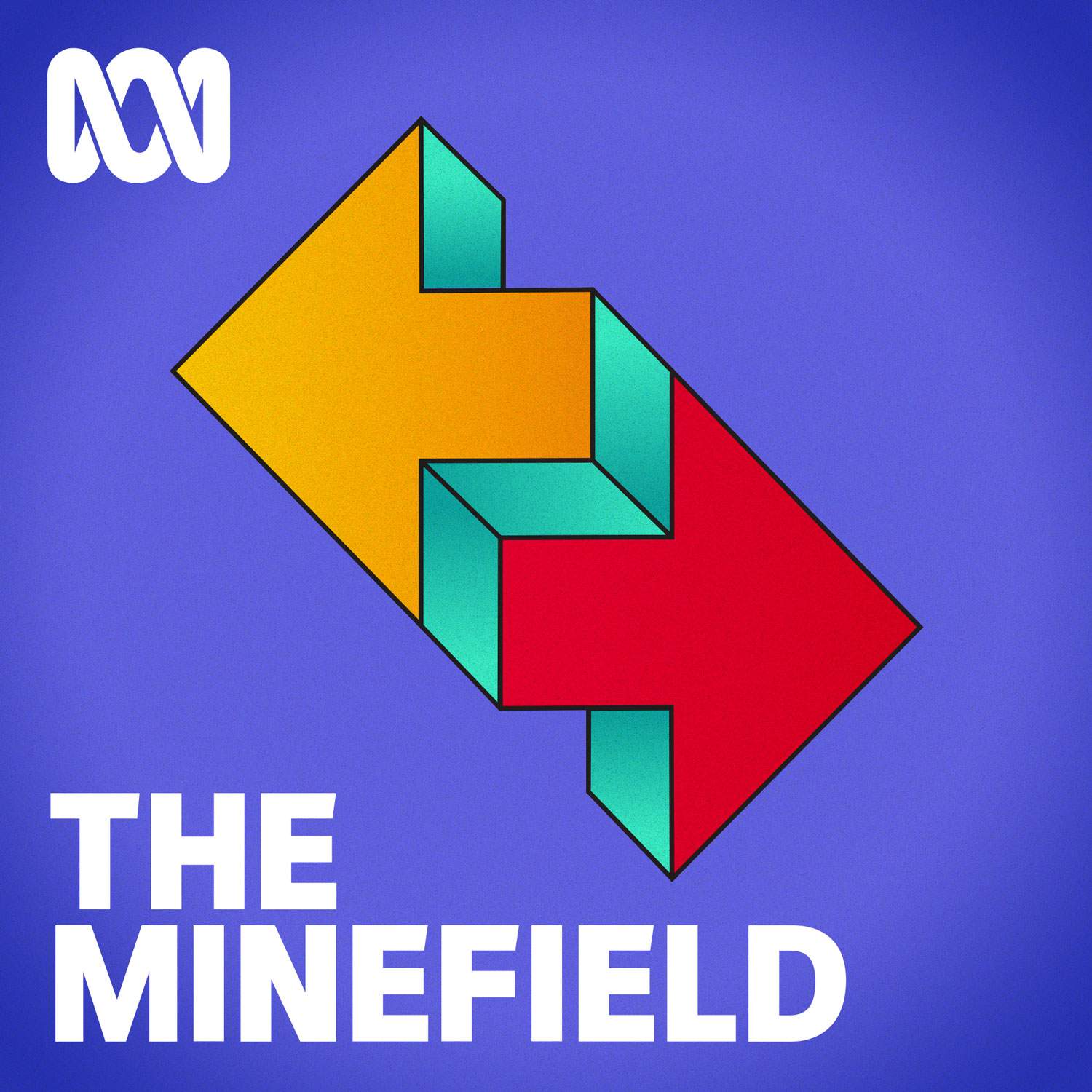

The Minefield
ABC
In a world marked by wicked social problems, The Minefield helps you negotiate the ethical dilemmas, contradictory claims and unacknowledged complicities of modern life.
Episodes
Mentioned books

Jan 24, 2024 • 53min
What do we lose by succumbing to conspiracy-mindedness?
Ours is a time when institutional distrust, digital disinformation and mutual suspicion have become pervasive — but can democracy withstand epistemic and social fragmentation of this kind?

8 snips
Jan 17, 2024 • 54min
In a screen saturated age, is literacy under threat?
Professor Maryanne Wolf discusses the threat to literacy in a screen-saturated age, emphasizing the importance of deep reading for moral understanding. The conversation explores the connection between literacy, knowledge, and morality in literature and pop music, highlighting the transformative power of engaging deeply with texts. The value of being stopped in your tracks by literature and art is emphasized, advocating for intentional reading practices to nurture attention in a digital world.

Jan 10, 2024 • 54min
What do we lose when we lose the capacity for boredom?
The podcast explores the modern terror of boredom and its potential deeper meaning. It discusses how boredom fosters creativity, introspection, and appreciation of moments without external stimuli. The conversation delves into the various forms and implications of boredom, highlighting the struggle for presence in a distracted age and the value of embracing boredom for meaningful experiences. It also emphasizes the importance of being present to foster genuine relationships and explores the concept of unselfing in a technological world.

Jan 3, 2024 • 54min
Goya’s “Saturn” and its moral challenge
Spanish painter Francisco de Goya’s depiction of Saturn eating his son is a haunting portrait of lust and the fear of one’s own finitude. Christos Tsiolkas joins Waleed and Scott to look into that darkness, and discover what looks back.

Dec 27, 2023 • 53min
Politics, farce ... and Fawlty Towers
Now that John Cleese has announced that the iconic series will return, it’s worth examining what made Fawlty Towers a masterpiece — and whether its interaction with the political climate of the 1970s had anything to do with it.

Dec 20, 2023 • 53min
What are playlists doing to our ability to listen to music?
The podcast explores the impact of playlists on music consumption, the evolution of music listening from CDs to digital era, the importance of album structure, rise of streaming services like Spotify, and the balance between artistry and algorithms in music creation.

Dec 13, 2023 • 54min
Dickens’s philosophy of generosity: Revisiting “A Christmas Carol”, 180 years on
Australian novelist Briohny Doyle joins Waleed Aly and Scott Stephens to examine Charles Dickens’s unforgettable tale of misanthropy and remorse, and discover how its aesthetic techniques and ethical vision continue to speak to us today.

Dec 6, 2023 • 54min
How much should we expect from the state?
Exploring the role of the state in shaping just societies, the shift from self-interest to cooperation, the evolving state presence in people's lives, challenges of fragmented society-state relationships, risks of politicians influencing interest rates, and analyzing state actions during the pandemic.

Nov 29, 2023 • 54min
Should drivers of electric vehicles be taxed more to use the roads?
The podcast discusses the challenges faced by marginalized communities in climate change policies, objections and protests surrounding climate policy in Australia, controversy around taxing electric vehicle drivers, the flawed assumption that fuel excise pays for roads, the leveling down argument for equality, and the ethical, democratic, and economic implications of electric vehicle road use charges.

Nov 22, 2023 • 54min
What is social cohesion, what cultivates it, and what undermines it?
The latest Mapping Social Cohesion report from the Scanlon Foundation paints a complex picture that helps us understand the conditions within which social cohesion is able to strengthen, and those factors which cause it to become brittle and even break down.


